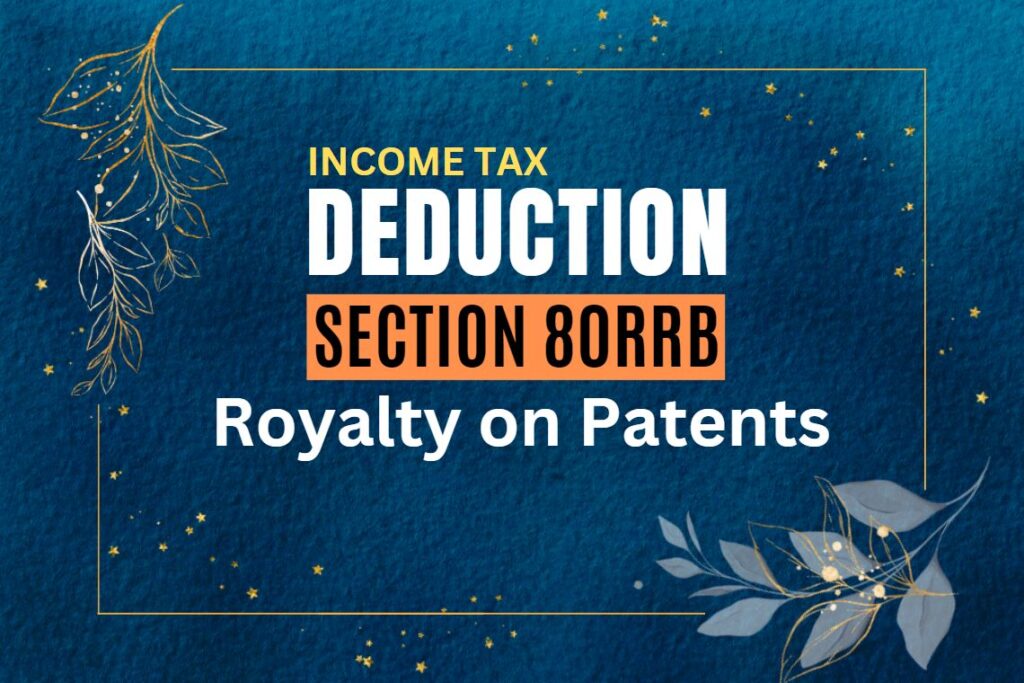Understanding of Section 80P
Section 80P of the Income Tax Act, 1961 provides a deduction in respect of income of co-operative societies. This section aims to promote the growth and development of co-operative societies by providing them with tax benefits. This deduction is available to cooperative societies that are engaged in certain specified activities, such as:
· Marketing agricultural produce grown by its members
· Purchasing seeds, livestock, or agricultural tools to supply to its members
· Processing agricultural products from its members without the aid of power
· Cottage industries
· Supplying milk raised by its members to a federal milk cooperative society
· Other activities, subject to certain conditions
Eligibility
To be eligible for the deduction under Section 80P, a co-operative society must meet certain conditions:
- The co-operative society must be engaged in carrying on the business of banking or providing credit facilities to its members.
- The co-operative society must not have any members who are not individuals.
- The co-operative society must not have any income from investments or deposits with any other co-operative society or bank.
Deduction Amount
The deduction under Section 80P is calculated as a percentage of the profits and gains derived by the co-operative society from its eligible activities. The percentage varies depending on the type of co-operative society:
- Co-operative banks: 100% of the profits and gains
- Other co-operative societies: 50% of the profits and gains
Limitations
There are certain limitations on the deduction under Section 80P:
- The deduction is not available in respect of any income of the co-operative society which is chargeable under the head ‘Profits and gains of business or profession’.
- The deduction is not available to co-operative societies engaged in certain specified activities such as banking, providing credit facilities, and marketing of agricultural produce.
(A) Where 100% Deduction is Allowed U/s Section 80P
In the case of the following co-operative societies, full deduction is allowable in respect of following incomes:
(1) Profits Attributable to certain Specified Activities [Section 80P(2)(a)]:
100% of the profits, included in Gross Total Income, attributable to any one or more of the following activities are deductible to a co-operative society engaged in:
(i) carrying on the business of banking or providing credit facilities to its members; or
(ii) a cottage industry; or
(iii) the marketing of the agricultural produce grown by its members; or
(iv) the purchase of agricultural implements, seeds, livestock or other articles intended for agriculture for the purpose of supplying them to its members; or
(v) the processing, without the aid of power, of the agricultural produce of its members; or
(vi) the collective disposal of the labour of its members; or
(vii) fishing or allied activities, that is to say, the catching, curing, processing, preserving, storing or marketing of fish or the purchase of materials and equipment in connection therewith for the purpose of supplying them to its members. [Section 80P(2)(a)]
| However, in case of co-operative societies falling under clauses (vi) and (vii) above, the deduction, is available subject to the condition that the rules and bye-laws of the society restrict the voting rights to the following classes of its members, namely:—
(1) the individuals who contribute their labour or, as the case may be, carry on the fishing or allied activities; (2) the co-operative credit societies which provide financial assistance to the society; (3) the State Government. |
(2) Profits of certain Primary Co-operative Societies [Section 80P(2)(b)]:
100% of the profits, included in Gross Total Income are deductible in the case of a co-operative society, being a primary society engaged in supplying milk, oilseeds, fruits or vegetables raised or grown by its members to—
(i) a federal co-operative society, being a society engaged in the business of supplying milk, oilseeds, fruits, or vegetables, as the case may be; or
(ii) the Government or a local authority; or
(iii) a Government company as defined in section 617 of the Companies Act, 1956 or a statutory corporation (being a company or corporation engaged in supplying milk, oilseeds, fruits or vegetables, as the case may be, to the public).
(3) Income from Investment with Other Co-operative Societies [Section 80P(2(d)]:
100% of the profits, included in Gross Total Income are deductible in respect of any income by way of interest or dividends derived by the co-operative society from its investments with any other co-operative society.
(4) Income from Letting of “Godowns or Warehouse” [Section 80P(2)(e)]:
100% of the profits, included in Gross Total Income are deductible in respect of any income derived by the co-operative society from the letting of godowns or warehouses for storage, processing or facilitating the marketing of commodities.
(B) Where Deduction is Allowed to a Limited Extent
In the following cases, the co-operative societies are entitled to deduction to a limited extent:—
(1) Co-operative Society Engaged in Other Activities [Section 80P(2)(c)]:
in the case of a cooperative society engaged in activities, other than those specified in (1) and (2) of (A) above, either independently of or in addition to, all or any of the activities so specified, the profits and gains attributable to such other activities upto the maximum limits indicated below are deductible.
| 1. Consumer co-operative means a society for the benefit of consumers.
2. Where the assessee co-operative society, supplied coal and diesel to its members for use in production of bricks and tiles, the society was not a ‘consumer’ co-operative society as the purchase by the members was not for their own consumption. |
(2) Entire income by way of interest on securities or income from house property if gross total income of a co-operative society (other than specified co-operative society) does not exceed Rs.20,000 [Section 80P(2)(f)]:
100% of the income from interest on securities or income from house property shall be allowed as deduction in case of a co-operative society not being
- a housing society or
- an urban consumer society, or
- a society carrying on transport business, or
- a society engaged in the performance of any manufacturing operation with the aid of power, provided its gross total income does not exceed Rs.20,000.
Urban Consumer Co-operative Society means a society for the benefit of the consumers within the limits of municipal corporation, municipality, municipal committee, notified area committee, town area or cantonment.
| Where an assessee is also entitled to deduction u/s 80-IA, deduction uls 80P shall be allowed with reference to such profits and gains as reduced by the deduction allowed under those sections. [Section 80P(3)] |
Note.—
If a resident co-operative society opts to be taxed under section 115BAD, it shall not be allowed any deduction under Chapter VIA (including section 80P) other than the deduction available under section 80JJAA.












